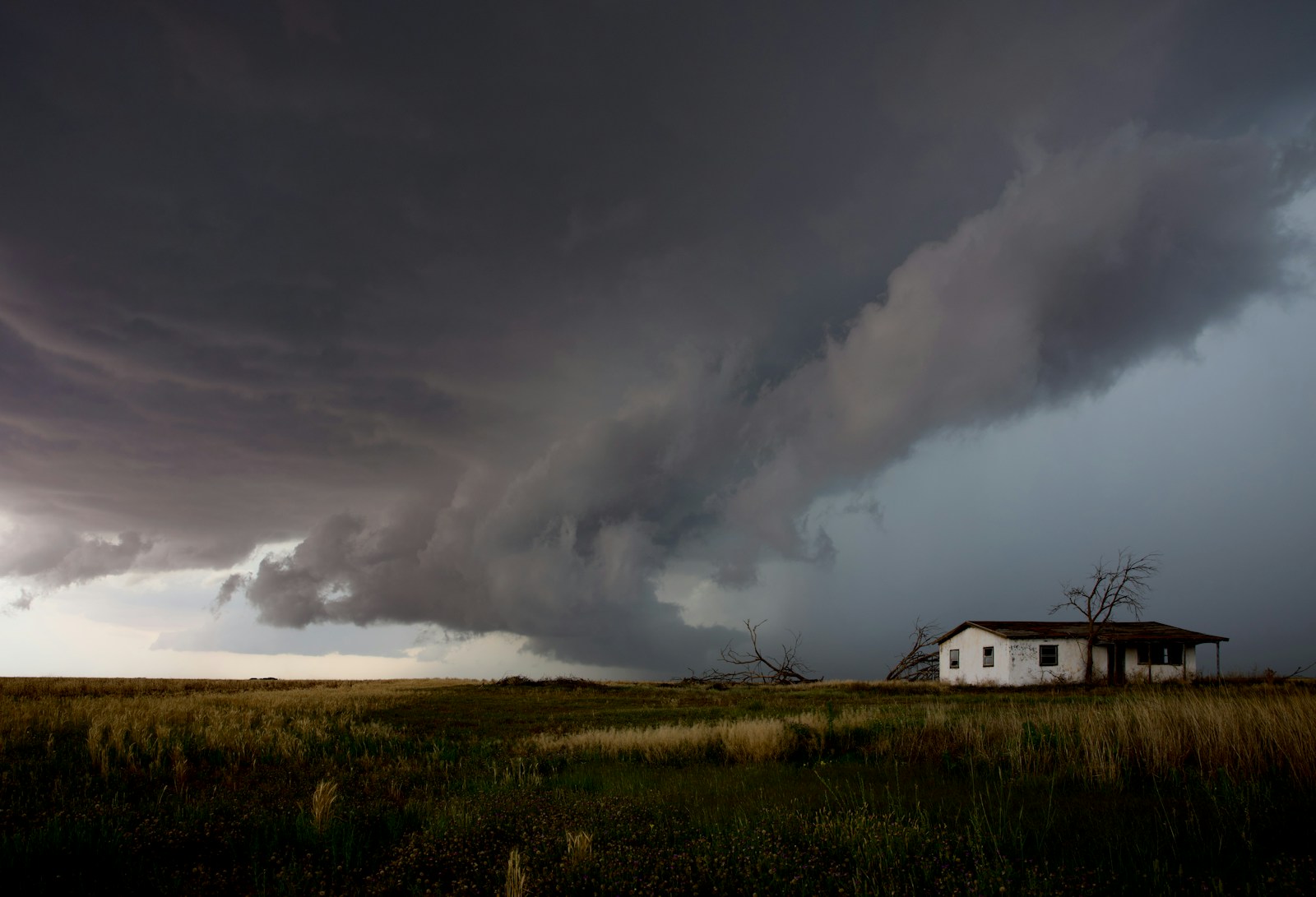Preparing your family for various emergencies is crucial for ensuring everyone’s safety and well-being. Regular practice of different survival scenarios can enhance readiness and response during actual crises.
Here is the top 10 survival scenarios to practice with your family:
1. House Fire Evacuation
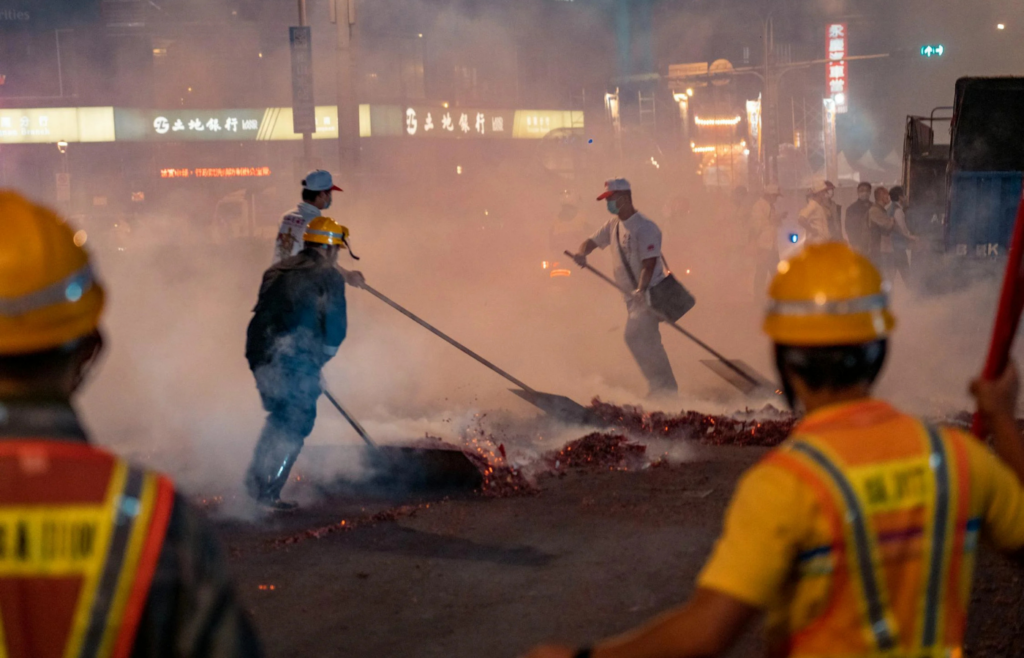
Develop and rehearse a fire escape plan, identifying multiple exits and a designated meeting point outside. Ensure everyone knows how to respond promptly if a smoke alarm sounds.
2. Earthquake Response

Instruct family members on the “Drop, Cover, and Hold On” technique during tremors. Identify safe spots in each room away from windows and heavy objects.
3. Tornado Shelter Drill
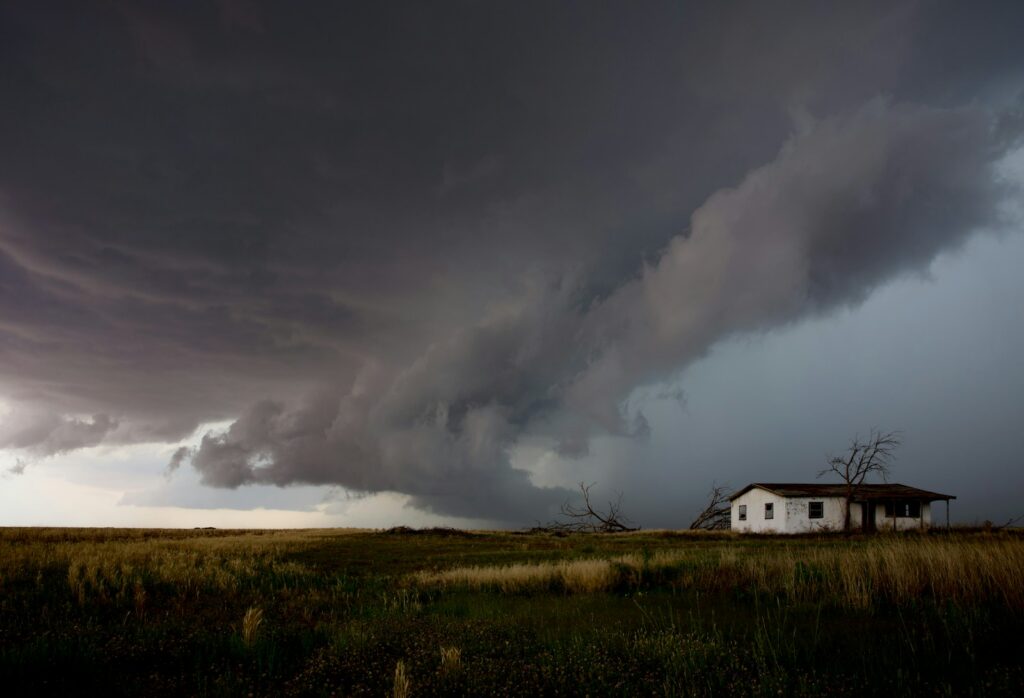
Locate a safe room or storm shelter in your home. Practice moving quickly to this area when a tornado warning is issued.
4. Flood Evacuation Plan

Determine if your home is in a flood-prone area. Plan evacuation routes to higher ground and establish a communication strategy.
5. Power Outage Preparedness

Assemble an emergency kit with flashlights, batteries, and non-perishable food. Discuss how to stay warm or cool without power and the importance of conserving device batteries.
6. Medical Emergency Response
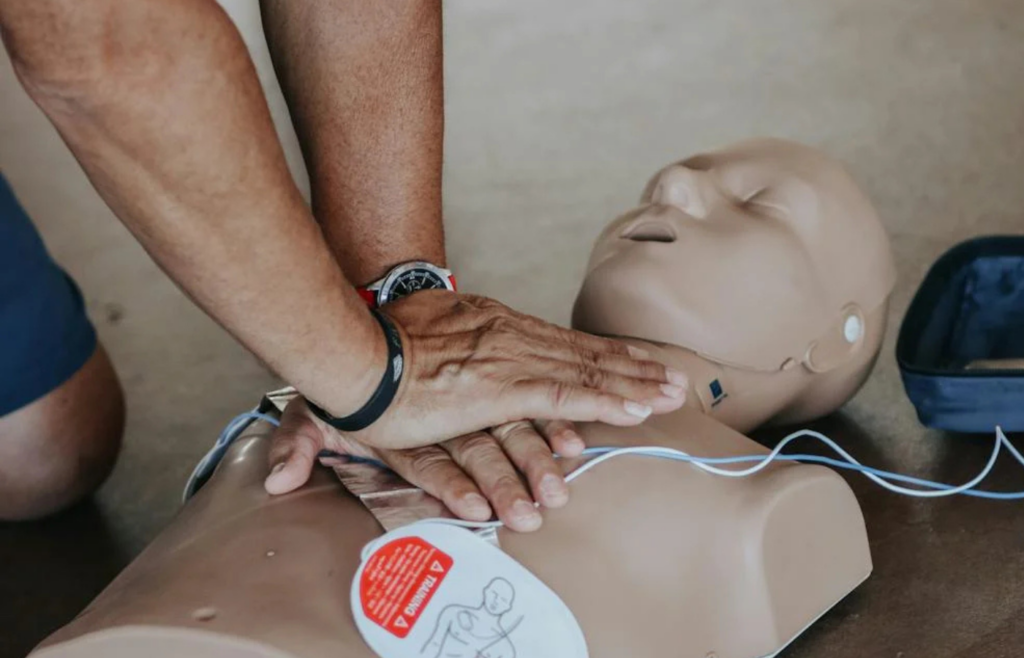
Train family members in basic first aid and CPR. Ensure everyone knows how to call emergency services and provide essential information.
7. Intruder Alert Procedure
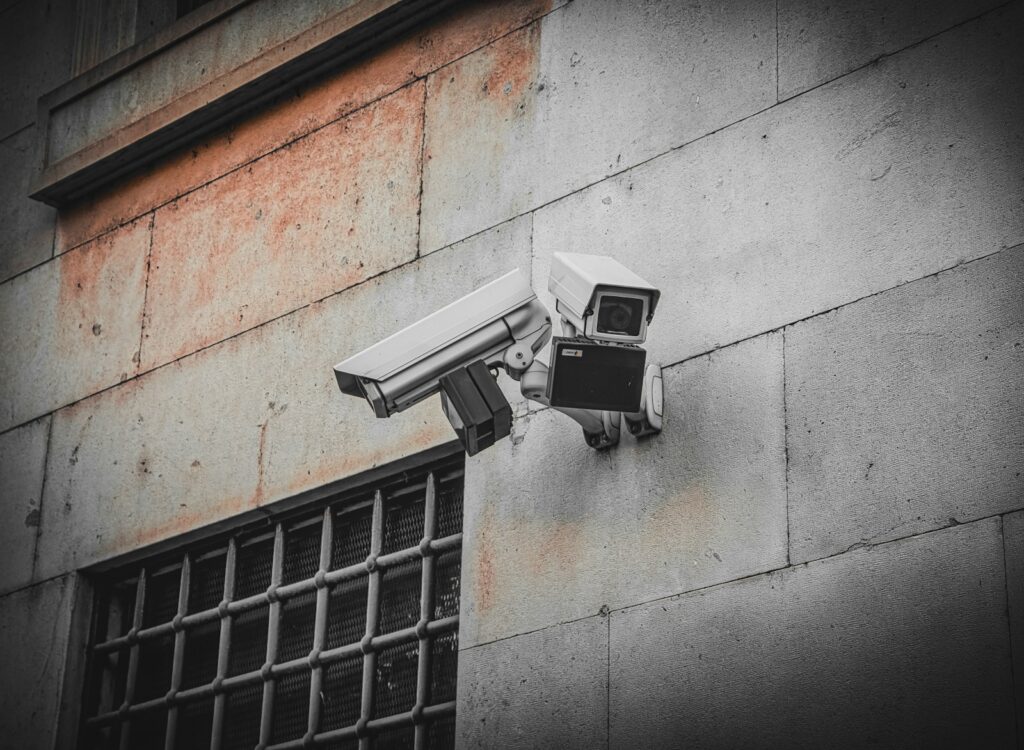
Establish a plan for responding to a potential break-in, including safe rooms and emergency contacts. Emphasize the importance of not confronting intruders.
8. Severe Weather Readiness

Monitor weather alerts and understand the difference between watches and warnings. Prepare an emergency kit and know when to seek shelter.
Read More: Top 10 Reasons More People Are Quietly Becoming Preppers
9. Evacuation for Chemical Spills

Familiarize your family with local emergency broadcast systems. Plan multiple evacuation routes and have a grab-and-go emergency kit ready.
Read More: Top 10 Survival Gear Items That Are Surprisingly Affordable
10. Pandemic Response

Discuss hygiene practices, social distancing measures, and the importance of staying informed through reliable sources during health crises.
Regularly practicing these scenarios can significantly improve your family’s preparedness and confidence in handling emergencies. Tailor each plan to your specific living situation and local risks.
Read More: Top 10 Secret Spots in Your House to Store Emergency Food

